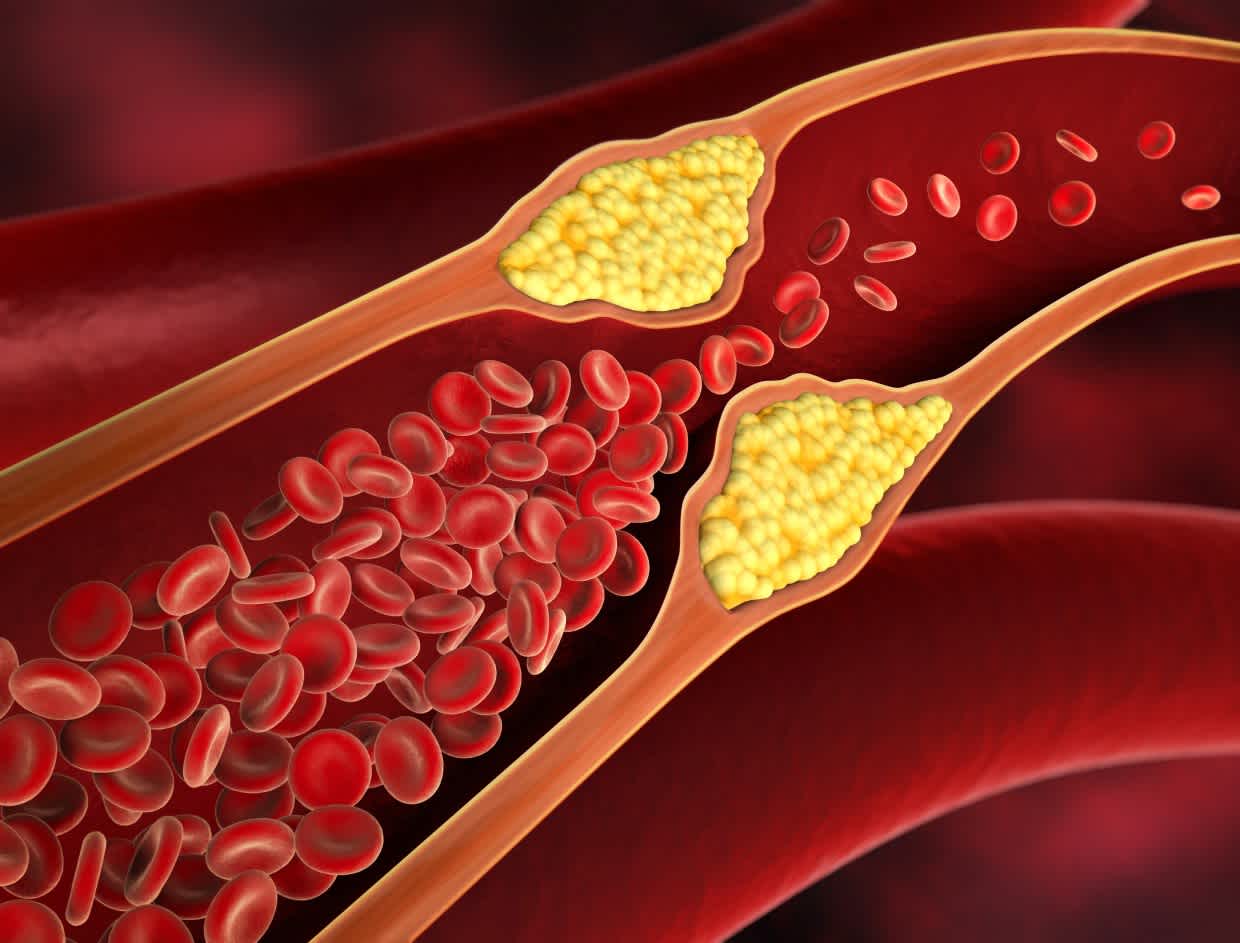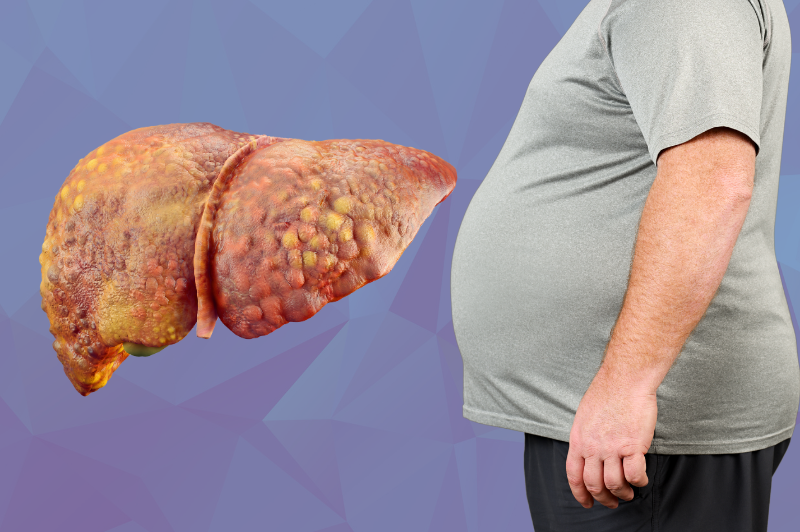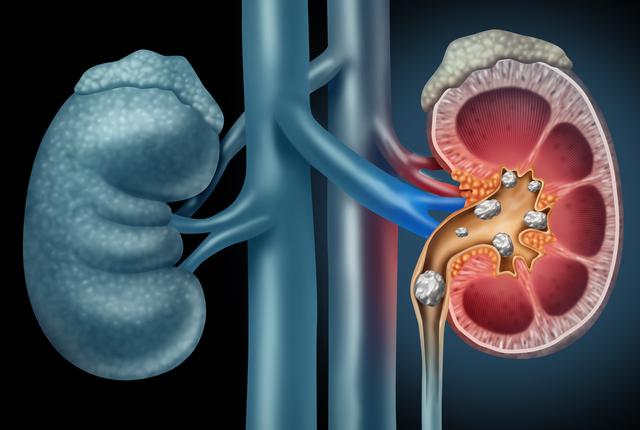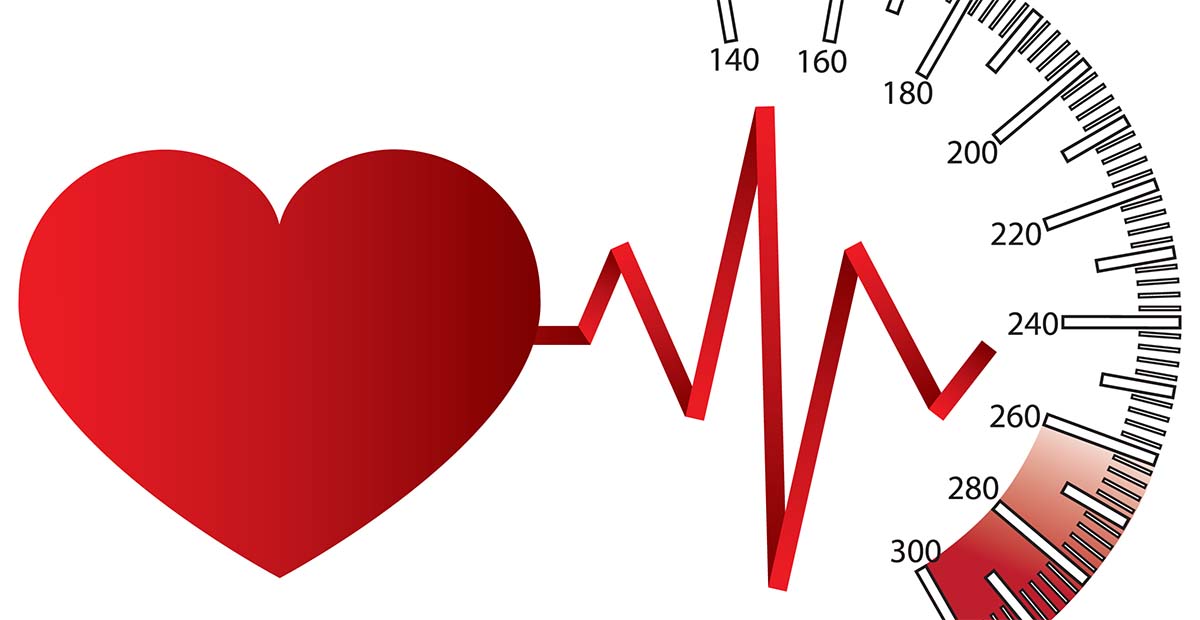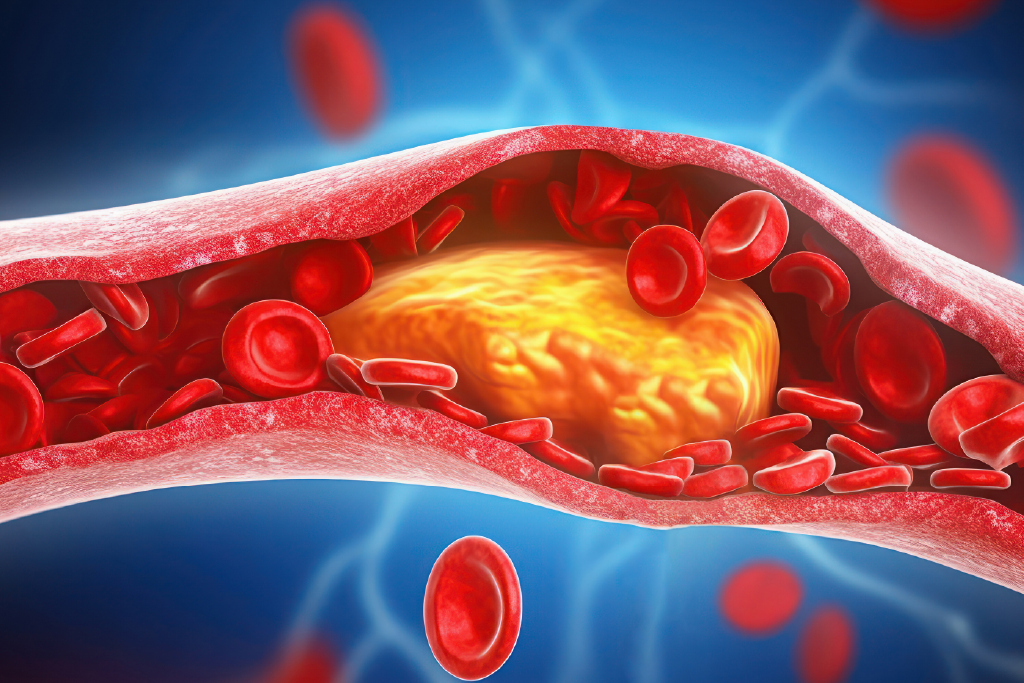Cholesterol Isn’t Only an Old-People Problem: When Should You Check Yours?
Cholesterol is often called a “silent killer” because it can quietly build up in your arteries for years, increasing your risk of heart attack and stroke—without any obvious symptoms. Many Singaporeans assume cholesterol checks are only necessary after 40, but new expert advice and local...
Diabetes and Vision: The Silent, Irreversible Threat You Can’t Afford to Ignore
When most people think about diabetes, they often worry about blood sugar levels, heart disease, or kidney problems. However, one of the most serious and permanent complications of diabetes is its effect on your eyes. Diabetic eye disease can lead to irreversible vision loss, and...
The Bitter Truth: Why Diet Soda Isn’t as Safe for Diabetics as You Think
For decades, diet sodas have been the go-to beverage for those seeking a sweet fix without the sugar rush. Marketed as a healthier alternative to regular soft drinks, they’re especially popular among people with diabetes, who are often told that “sugar-free” means “safe.” But mounting...
The Diabetes Time Bomb in Singapore’s Youths
A major international review published in Diabetologia has sounded the alarm on the rising tide of diabetes among young people worldwide. Singapore, often seen as a model for public health, is not immune to this trend. In fact, the city-state faces a unique set of...
The Hidden Connection between Diabetes and Fatty Liver Disease
Diabetes and fatty liver disease are two of the most common chronic health conditions in Singapore, and their prevalence is rising rapidly. While they may seem like separate issues, research has shown a strong and complex link between the two. Understanding this connection is crucial...
Diagnosed Too Late: How Innovation Is Changing the Face of Diabetes Detection
Diabetes is often called a “silent disease” for good reason. In Singapore, a significant number of people are diagnosed with diabetes only after complications have set in—when damage to the eyes, kidneys, nerves, or heart has already begun. This late diagnosis not only makes management...
Silent but Inherited: The Risks and Realities of Genetic High Cholesterol
When most people think of high cholesterol, they picture unhealthy diets, lack of exercise, or ageing. However, for many, high cholesterol is not just a result of lifestyle—it can be inherited. In Singapore, a new national programme is shining a spotlight on genetic cholesterol conditions,...
The Hidden Dangers of High Uric Acid: More Than Just Gout
When most people hear about high uric acid, they immediately think of gout—a condition infamous for causing sudden, severe pain in the joints, often the big toe. However, the reality is that elevated uric acid, or hyperuricaemia, is a much broader health concern. It is...
Hypertension is Not Just an Older Person’s Problem!
When most people think of high blood pressure, or hypertension, they picture older adults. However, a worrying trend is emerging: hypertension is increasingly being diagnosed in young people, including teenagers and even children. This silent condition, often without obvious symptoms, can have lifelong consequences if...
High Blood Glucose: How It Triggers Serious Health Issues in Women
Diabetes is often called a “silent” disease, especially as its early symptoms can be subtle and easily mistaken for everyday stress, hormonal changes, or simply the effects of ageing. Yet, undiagnosed or poorly managed diabetes can have a profound impact on a woman’s health, affecting...
The Viral Carnivore Diet: New Study Warns of Serious Kidney Risks
The carnivore diet, which has surged in popularity for its supposed weight loss and mental health benefits, is now under scrutiny after a recent study linked it to a dangerous kidney condition. This diet, which eliminates all plant-based foods in favour of animal-derived products, is...
High Cholesterol: The Silent Threat and How to Spot the Warning Signs
High cholesterol is often dubbed a “silent condition” because it rarely presents obvious symptoms, yet it significantly increases the risk of heart attacks and strokes. In Singapore, the prevalence of high blood cholesterol (hyperlipidaemia) among adults aged 18 to 69 has risen sharply in recent...
Are You Getting Enough or Too Much Protein? Protein is Good for You BUT…
Protein: it's the nutrient everyone's talking about in Singapore. From protein-boosted kopi at your local hawker to a dizzying array of protein bars at the supermarket, it's hard to escape the hype. But before you reach for that extra scoop of protein powder, let's get...
Type 5 Diabetes? Get to know this “new” type of diabetes!
Type 5 diabetes, recently recognised by the International Diabetes Federation (IDF), represents a pivotal shift in our understanding of diabetes classifications. Driven by childhood malnutrition rather than auto-immunity or obesity, it now accounts for millions of cases—mostly in South and South-East Asia as well as...
Going to Bed Hungry Can Be Dangerous—If You’re Diabetic!
For individuals with diabetes, managing blood sugar levels is a delicate balancing act that doesn’t stop when the day ends. Going to bed hungry may seem harmless, but it can lead to serious complications, especially for those on insulin or other blood sugar-lowering medications. Experts...
Diabetes Risk Can Surprisingly Be Lowered by Consuming This Sweet Food
It's a common belief that people with diabetes or those at risk should avoid sweet foods altogether. However, new research suggests that one of the sweetest fruits, mangoes, may actually help improve blood sugar regulation and reduce diabetes risk. Often celebrated for their tropical flavour,...


